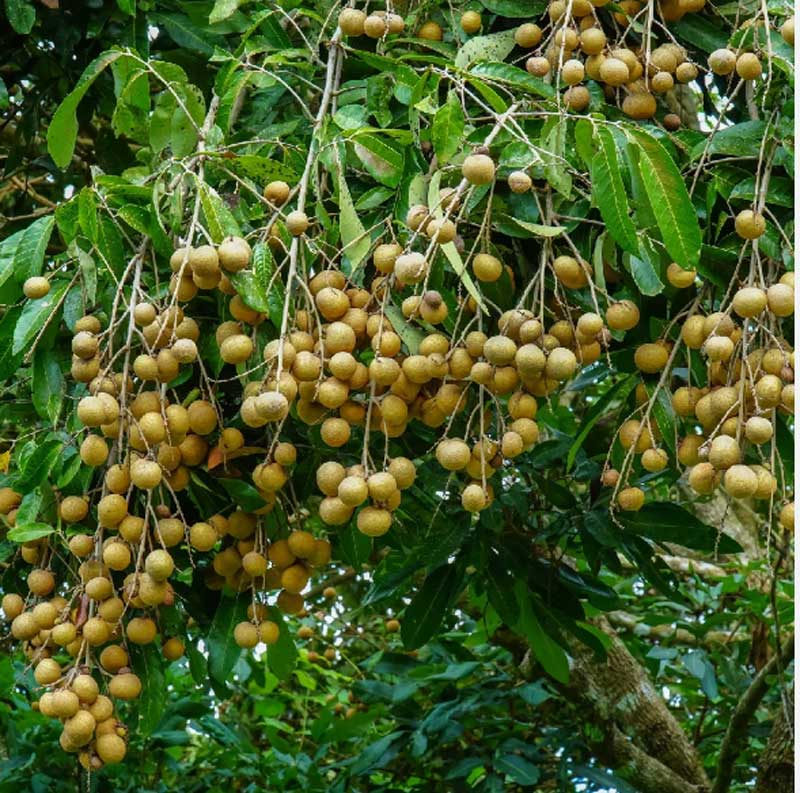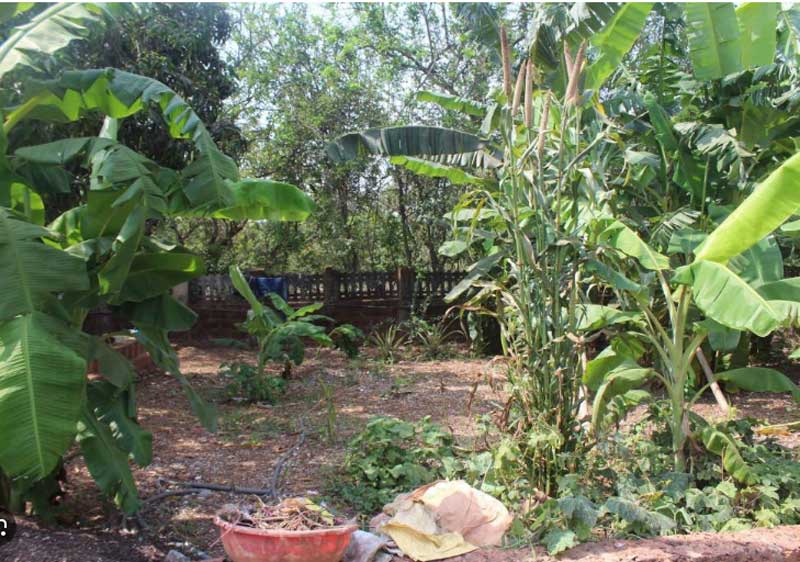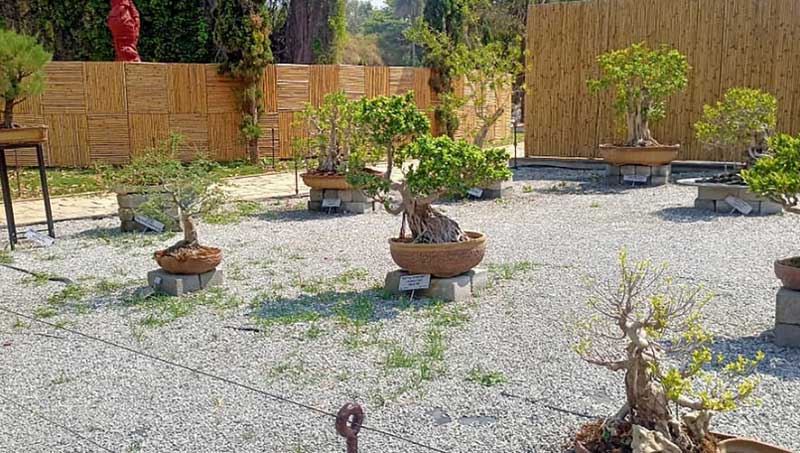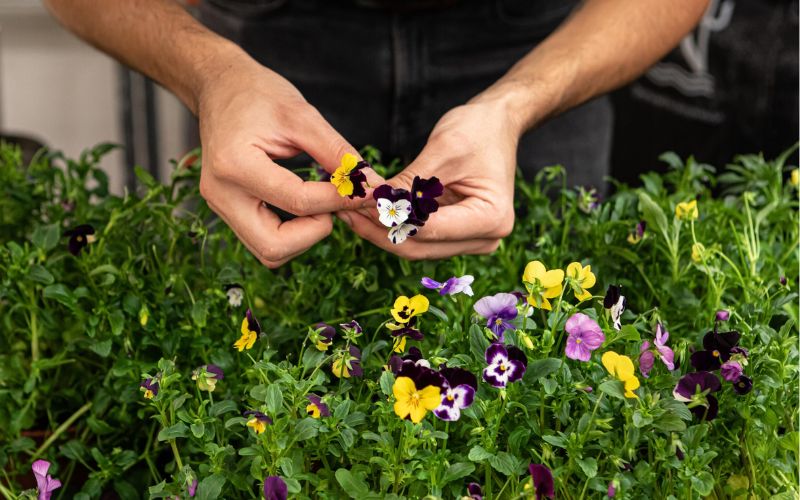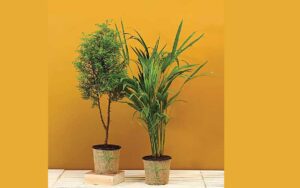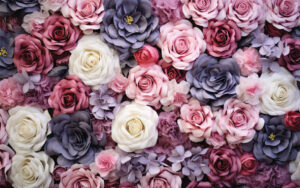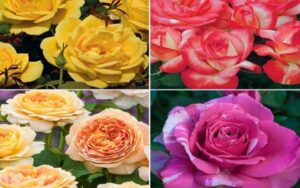Floral Delights: Edible Flowers Blossom with Nutritional and Medicinal Benefits
New Delhi: The trend of incorporating edible flowers into culinary creations is gaining popularity, not just for their aesthetic appeal but also for their potential health benefits. Edible flowers, long used in traditional cuisines around the world, are now being recognized for their nutritional value and medicinal properties.
Rich in vitamins, minerals, and antioxidants, edible flowers can add a burst of flavor and color to a variety of dishes. From salads and soups to desserts and cocktails, chefs and home cooks alike are experimenting with different ways to incorporate these floral delights into their recipes.
Read More: Mango Magic: How to Grow Baskets of Mangoes in Your Rooftop Garden
One of the key health benefits of edible flowers is their antioxidant content. Antioxidants help protect the body from oxidative stress, which can lead to chronic diseases such as heart disease, cancer, and diabetes. Edible flowers like calendula, marigold, and dandelion are particularly rich in antioxidants and are believed to have anti-inflammatory properties as well.
Certain edible flowers also contain vitamins and minerals that are beneficial for health. For example, nasturtium flowers are high in vitamin C, which boosts the immune system and promotes healthy skin. Rose petals are rich in vitamin E, which is important for skin health and may help protect against cancer and heart disease.
In addition to their nutritional value, some edible flowers have been used in traditional medicine for centuries. For example, chamomile flowers are known for their calming effects and are often used to treat anxiety and insomnia. Lavender flowers are also prized for their calming properties and are used in aromatherapy to promote relaxation and reduce stress.
As the interest in edible flowers continues to grow, farmers and gardeners are expanding their cultivation of these blooms. Organic farms and specialty nurseries are now offering a wide variety of edible flowers, making it easier for consumers to incorporate them into their diets.
While edible flowers can be a healthy and flavorful addition to your meals, it’s important to exercise caution when consuming them. Not all flowers are safe to eat, and some may cause allergic reactions or digestive issues. It’s best to stick to flowers that are specifically labeled as edible and to consume them in moderation.
Edible flowers offer a unique and nutritious way to enhance your culinary experience. Whether you’re looking to add a pop of color to your salad or a subtle floral note to your dessert, edible flowers are sure to delight your taste buds and nourish your body.

